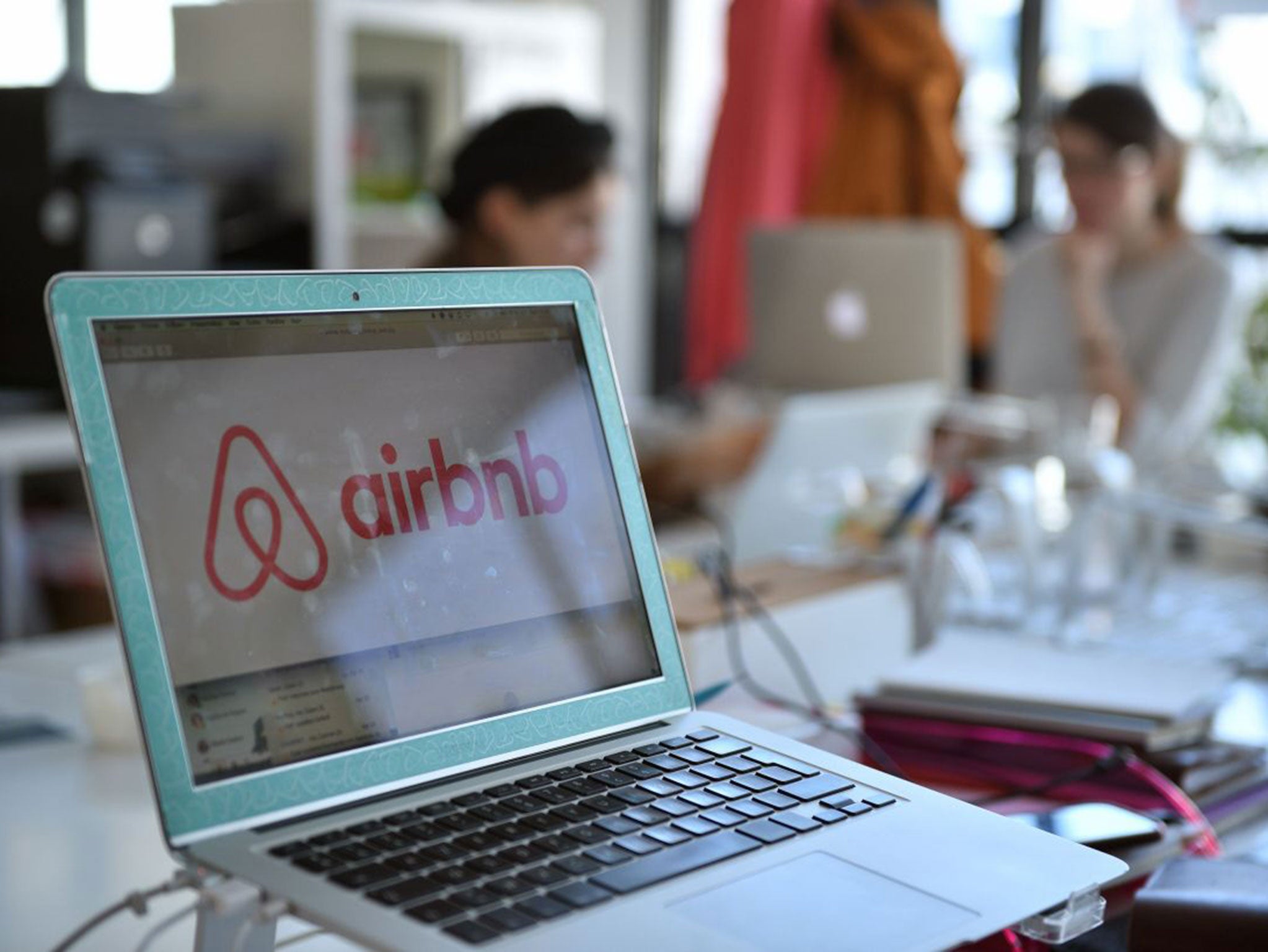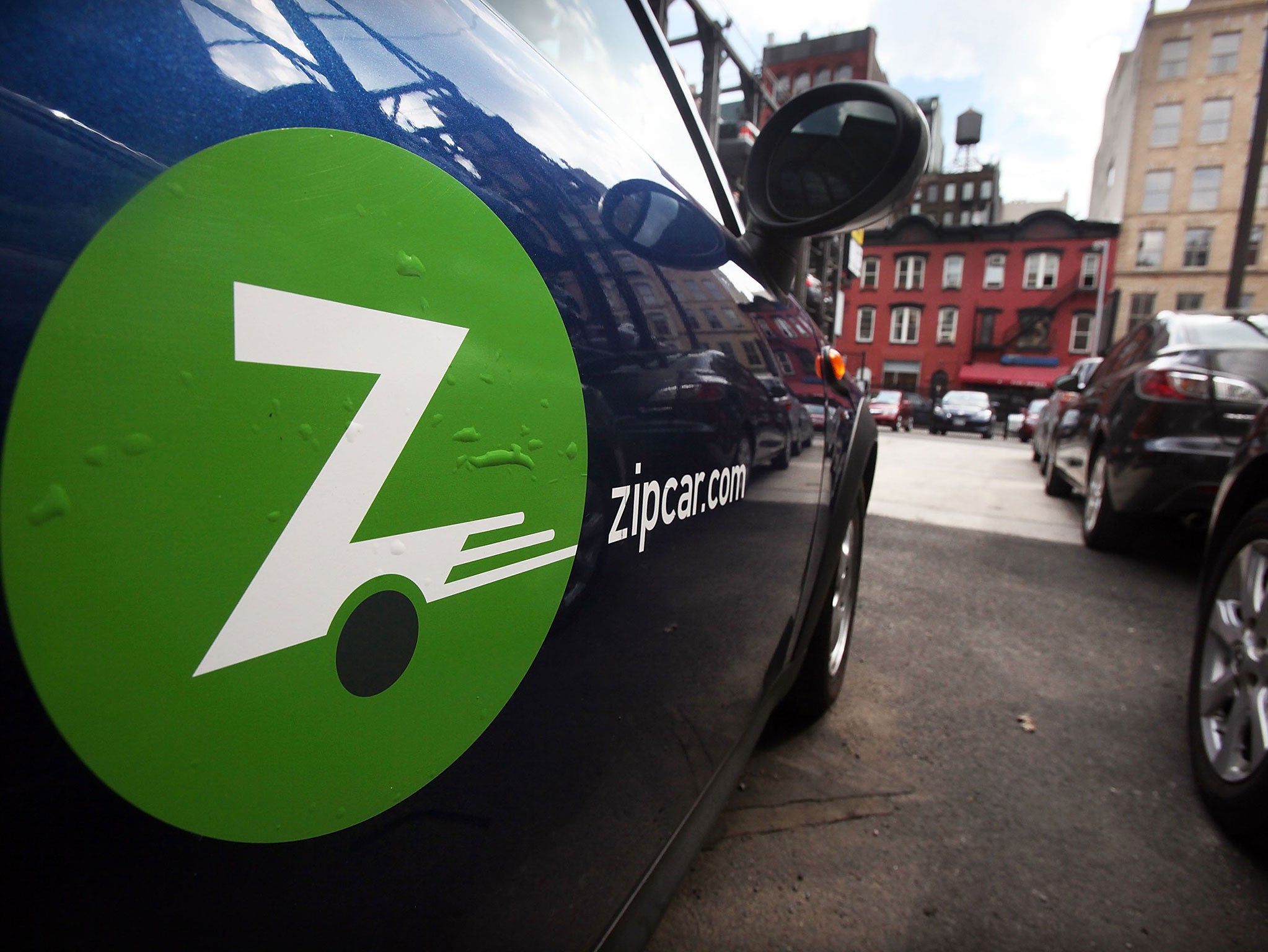'Sharing economy' won't become widespread because people crave their own material goods, says study
The internet has led to the emergence of numerous sites that allow people to rent, borrow, lend, swap and share products rather than buying new ones

Rental services like Airbnb and Zipcar may have captured the public imagination but the so-called “sharing economy” will never become widespread because people have a strong psychological desire to own material goods, according to new research.
The internet has led to the emergence of numerous sites that allow people to rent, borrow, lend, swap and share products rather than buying new ones.
However, such schemes will never replace purchase capitalism because people are culturally programmed to amass as many possessions as possible, says a new report by Nottingham Trent University, published in the Journal of Cleaner Production.
“The sharing economy is a credible way to help tackle today’s consumer society,” said Laura Piscicelli, a researcher at the university. “What we’ve identified in this study, though, is that people’s individual values may prevent ‘collaborative consumption’ from becoming mainstream,” she added.
Ms Piscicelli said ride-sharing and clothes swapping were on the increase, and some renting and second-hand retail websites had been successful. Other sites, like TaskRabbit, have enjoed some success by allowing people to outsource household chores.
But the researcher said that most “sharing economy” websites had failed due to lack of interest – because they failed to satisfy out cultural craving to possess objects.

People’s psychological programming is not the only problem, according to co-researcher Professor Tim Cooper. He blamed manufacturers for opting to build disposable products – rather than long-lasting alternatives which could be rented or shared by many different customers.
“Most people want to own a washing machine so they don’t last as long as they ought to. The average machine lasts around 10 years – but you could easily make one these days that lasts 15 or 20 years,” Professor Cooper said. “But they don’t. And the reason for that is that companies are locked into this replacement cycle – they need the replacements to make money.
“One way to change that is to get people to rent it rather than buy it,” he said, adding that a whole range of “utilitarian” goods which lack a fashion element could be managed in that way.
“The problem at the moment is that the whole renting market is about appealing to a very narrow segment – people who can’t afford to buy, who aren’t credit worthy, paying ridiculous prices. No one in their right mind will rent unless they have to. So the market’s got to be transformed,” he says.
Some 64 per cent of vacuum cleaners are thrown away when they are still working, either because the owner wanted a new one or thought it was inefficient – in many cases because they had failed to clean or replace filters, according to separate new research by Professor Cooper.
Both sets of research were concerned with the UK but their findings are applicable globally, its authors say.
“It’s a global issue. The worry is that poorer developing countries are dropping some of the good habits they had of mending and looking after products because they want to be part of the Western consumerist economies. Consumer goods are seen as a status symbol,” Professor Cooper said.
He dismisses the notion that people are just fundamentally too selfish to conserve resources, however.
“A lot of people want to do the right thing but they are struggling because the systems and culture aren’t right. Companies and governments have got a big role to play in doing that.”
Site specifics: lend, swap or rent
Airbnb This web service allows people to rent out part, or all, of their home and has taken the sharing economy by storm. It may not be everybody’s cup of tea but it is typically much cheaper and more homely than hotel accommodation – and, in cases where the housemates are present, you’ll get to meet local people.
Zipcar Members pay a monthly or annual membership fee and can hire a car by the hour or day. Each vehicle has a ‘home’ location where they must be returned to and they are scattered all over the country. Members can unlock the door with a Zipcard and the keys are inside.
TaskRabbit This is an online marketplace for chores, hooking you up with a huge range of helpers, with cleaners, DIY specialists, gardeners and dinner-party chefs particularly popular. Users enter their location and requirement to find the most suitable “tasker” in the area.
Ecomodo This borrowing site was primarily pitched at people who have just moved house or had a baby. Some lenders lent for free and others charged a small fee that was below commercial rates. Unfortunately there were not enough takers and the site closed earlier this year.
Join our commenting forum
Join thought-provoking conversations, follow other Independent readers and see their replies
0Comments